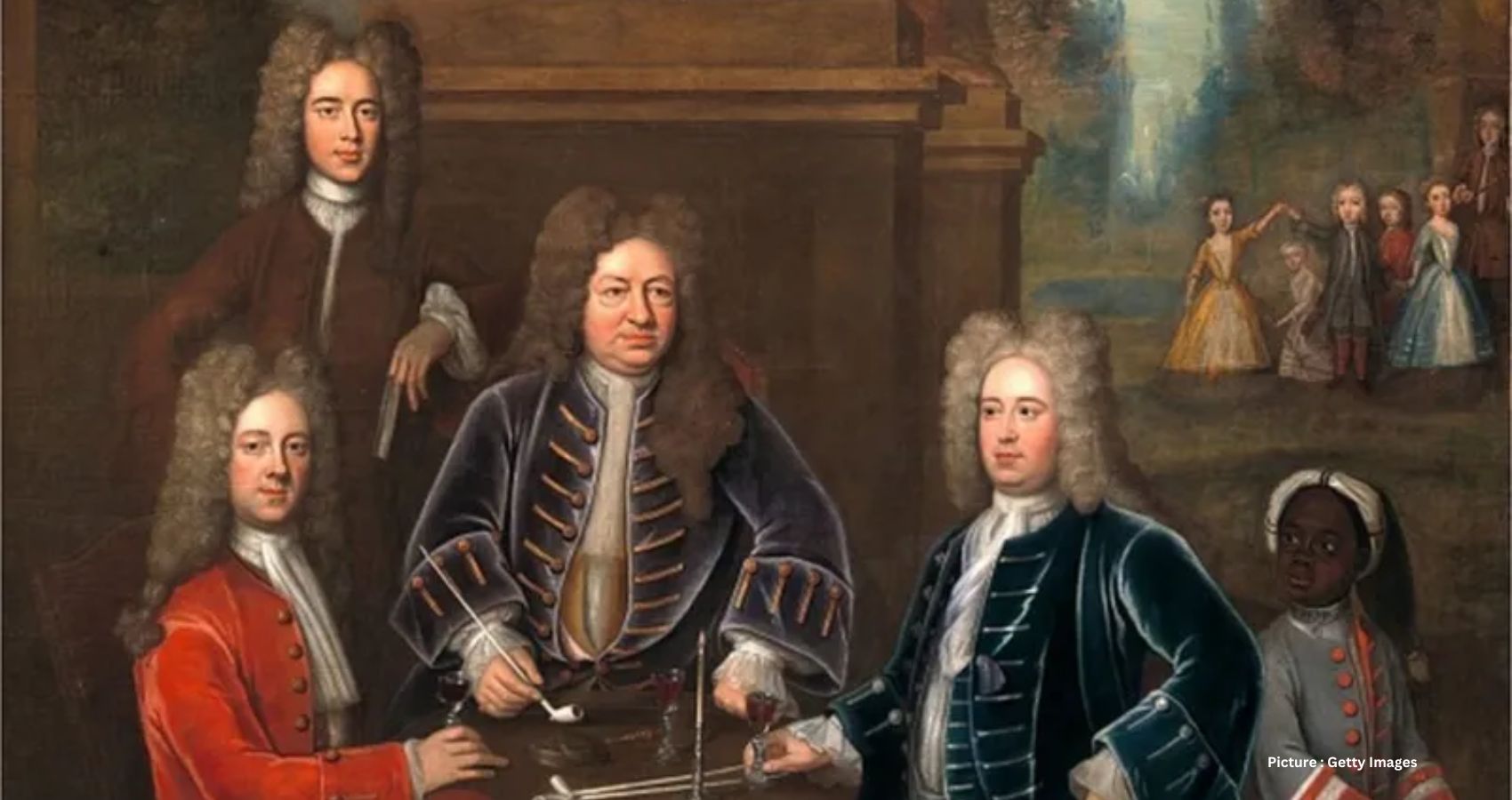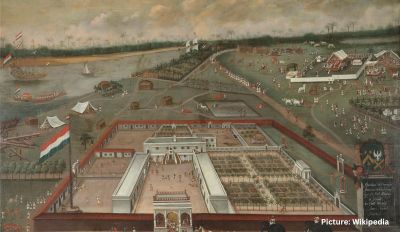Yale University recently issued a formal apology for its historical ties to slavery, sparking intense scrutiny regarding the association of Elihu Yale, after whom the prestigious institution is named, with colonialism and the slave trade in India. Elihu Yale, who served as the influential governor-president of the British East India Company in Madras during the 17th Century, bestowed a significant gift of about £1,162 ($1,486) to the university, leading to the naming honor.
“It’s equivalent of £206,000 today if you adjust it for inflation,” stated historian Prof Joseph Yannielli, highlighting the substantial nature of Yale’s contribution. Despite not being considered a large sum by contemporary standards, it significantly aided in the construction of an entire new building for the college. Elihu Yale, once celebrated as a philanthropist and collector of fine artifacts, is now under renewed scrutiny as a colonial figure implicated in the exploitation of India and involvement in the slave trade.
Yale University’s apology follows a comprehensive three-year investigation into its historical connections with slavery, spearheaded by Yale historian David Blight. The university’s statement acknowledged the examination of its ties to slavery, including the utilization of slave labor in constructing Yale buildings and the enrichment of prominent figures associated with the institution through slave ownership.
Accompanying the apology is the release of a comprehensive 448-page book by Prof Blight titled “Yale and Slavery: A history,” shedding light on Elihu Yale’s significant profits from slavery. Prof Blight’s research reveals Yale’s oversight of numerous transactions involving enslaved individuals for the East India Company, contributing to the Indian Ocean slave trade.
While the Atlantic slave trade is well-documented, Prof Yannielli suggests that the Indian Ocean trade was even more extensive due to its broader geographical reach, spanning from South East Asia to the Middle East and Africa, and lasting for an extended period. The investigation into Yale’s past is particularly pertinent given Yale University’s esteemed position as the third-oldest institution of higher learning in the United States, with notable alumni including several US presidents.
Elihu Yale’s connection to Yale University stems from his generous donations and support, which significantly contributed to the institution’s development. His substantial gifts, including books, textiles, and a portrait of King George I, facilitated the construction of a new building for the college, subsequently named Yale College in his honor.
Despite Yale’s philanthropic endeavors, his tenure in Madras as governor-president was marred by accusations of corruption, arbitrary governance, and neglect of duty. Furthermore, historians point to Yale’s involvement in the slave trade and allegations of cruelty during his time in power. However, past biographers have often downplayed Yale’s ties to slavery, possibly due to limited access to historical records or a lack of recognition of its significance.
Prof Yannielli challenges claims suggesting Yale’s role as an abolitionist, asserting that historical evidence contradicts such assertions. While some earlier scholars may have overlooked Yale’s involvement in the slave trade, recent research, facilitated by digital access to archival materials, has shed new light on his connections to slavery and colonial exploitation.
The presence of a painting depicting Yale being served by a collared slave serves as compelling evidence of his association with slavery. Despite attempts to downplay his involvement, Prof Yannielli argues that Yale’s actions speak volumes, highlighting his active participation in the slave trade.
In light of Yale University’s apology and the renewed scrutiny of Elihu Yale’s legacy, questions arise regarding the institution’s commitment to diversity, equity, and inclusion. While the university pledges to promote a welcoming environment and support initiatives for inclusive economic growth, it remains steadfast in its decision not to consider a name change, despite past calls for such action.
As discussions surrounding historical accountability and racial justice continue to evolve, Elihu Yale’s complex legacy serves as a poignant reminder of the enduring impact of colonialism and slavery on contemporary institutions and society.











